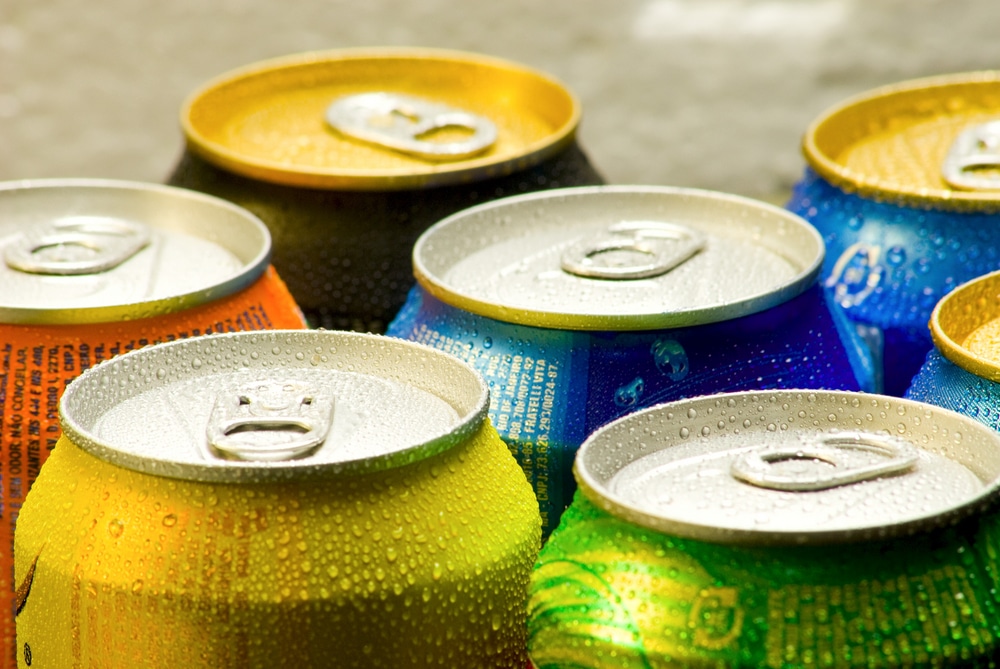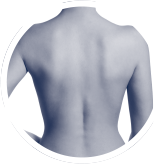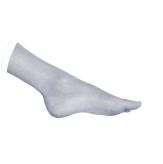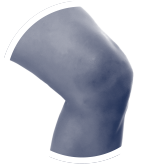
Soft drinks are everywhere. When we are getting our lunch, on a date at the cinema or doing our weekly shop; it’s easy to simply pick one up and drink. It is no surprise then that over 14.8 billion litres of soft drinks were consumed in the UK in 2015 alone. However, there has been rumours online that phosphoric acid, an ingredient in many different brands of cola, may be contributing to the degradation of bone density (BMD) and possibly putting your bones at risk. We decided to set the record straight.
What Is Phosphoric Acid?
Phosphoric acid is found in a variety of different soft drinks – such as cola and diet cola drinks. It is added to many soft drinks to give a sharp and tangy taste due to its acidity. It is more acidic than lemon juice or vinegar. Because of the sharpness of the acid, sugar or sweeteners are added to soft drinks to balance it.
Phosphoric acid is not only used in soft drinks but a wide variety of different industries. These including soaps, etching solutions in orthodontics, pH adjuster in cosmetics and as a cleaner to remove mineral deposits.
Considering that phosphoric is required in the development of bones, it is also found naturally in lots of different types of food, including chicken.
Why Do People Think Phosphoric Acid is Affecting Bone Density?
There is no simple answer to this as the research is inconclusive. During the studies, they did find that those who drank three or more cans of soft drinks per day had 4% lower bone density. There appears to be a correlation between soft drink consumption and loss of bone density but the mechanism of it appears to be unclear.
Are There Any Other Possible Causes for the Correlation?
Other studies have shown that caffeine affects bone development and density. In a study conducted by the National Taiwan Normal University, caffeine-fed rats had a significantly lower bone density compared to regular rats. Considering that many soft drinks have caffeine content, caffeine ingestion may be contributing to the loss of bone density.
What You Can Do to Improve Your Bone Density
Soft drinks have many negative health effects, not just affecting bone density and should be consumed in moderation. But, if you are concerned about the strength of your bones, here are a few tips to boost your bone density.
· Everything in moderation: cut down on soft drinks. Better yet, cut them out completely.
· Increase your intake of high-calcium, vitamin D food and drinks.
· Exercise more.
For more health news and analysis then follow us on LinkedIn, Facebook and Twitter.









